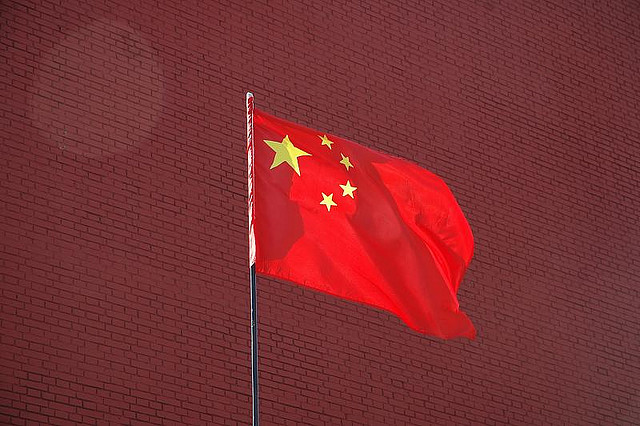 Kicking off April, President Obama continued his efforts to secure cyberspace by Executive Order. Following up on the slew of proposals set out in the lead up to January’s State of the Union Address, the latest White House move offers a new tool for the US government to crack down on ‘significant malicious cyber-enabled activities.’ The Executive Order authorises the Secretary of State to impose sanctions on individuals and entities deemed to be responsible for or complicit in malicious cyber activities directed against the US and its interests. While this tool can easily, and perhaps rightfully, be seen as the latest escalation in the US–China disagreements on cyber issues, the move does offer a useful deterrent and punitive tool for the US to wield. Three possible targets suggested by CFR’s Robert Knake are bulletproof hosting providers, vulnerability and attack tool resellers, and BitCoin exchanges.
Kicking off April, President Obama continued his efforts to secure cyberspace by Executive Order. Following up on the slew of proposals set out in the lead up to January’s State of the Union Address, the latest White House move offers a new tool for the US government to crack down on ‘significant malicious cyber-enabled activities.’ The Executive Order authorises the Secretary of State to impose sanctions on individuals and entities deemed to be responsible for or complicit in malicious cyber activities directed against the US and its interests. While this tool can easily, and perhaps rightfully, be seen as the latest escalation in the US–China disagreements on cyber issues, the move does offer a useful deterrent and punitive tool for the US to wield. Three possible targets suggested by CFR’s Robert Knake are bulletproof hosting providers, vulnerability and attack tool resellers, and BitCoin exchanges.
Economic tools continue to be a useful lever for the US in its international cyber efforts. Late last month, the US filed complaints with the World Trade Organization over China’s proposed restrictions on foreign IT equipment, which led to the restrictions being quickly suspended. More ambitiously, Kevin Holden has called on the US and EU to employ the WTO to break through China’s Great Firewall. While such a challenge may be a ways off, it wouldn’t be surprising to see the White House continue to appeal to financial interests as a means of prodding movement on international cyber ‘rules of the road’.
Turning to Asia, where we’ve seen a flurry of organisational movement over the past week. On Friday South Korean President Park Geun-Hye appointed a new cybersecurity tsar. General Shin In-Seop will serve as a ‘control tower’ for government efforts against external threats, including North Korean hackers. Not to be left behind, Singapore’s created an entirely new cybersecurity body; the Cyber Security Agency of Singapore was launched last Wednesday. The federal organisation oversees cyber strategy, education, outreach and industry development. The body reports directly to the Prime Minister’s office.
Singapore is also home to INTERPOL’s new Global Complex for Innovation (IGCI) which is edging closer to an official launch next week. The new research and development facility is designed to help identify international cyber criminals and crimes. It aims to build capacity and lend operational support to police forces across the globe. Finishing up this week’s list of new appointments, the current head of India’s national CERT (Cert-In) is set to become India’s new Cyber Security Chief. Gulshan Rai was appointed to the newly created role last week. On a recent visit to Vietnam, India’s National Security Advisor Ajit Kumar Doval and Prime Minister Nguyen Tan Dung agreed to work together on cyber security issues. Cyber security has proven to be a popular topic for both countries in recent times. The agreement came following a request from Prime Minister Dung for cooperation on cyber issues and assistance combating hi-tech crime.
The cyber countdown is on here at ICPC, with only eight more sleeps until the Global Conference on Cyber Space in The Hague. We’ll be taking a break from the cyber wrap while we’re in Europe, but be sure to follow all the goings-on via our twitter @ASPI_ICPC and you’re in The Hague be sure to come along to our Asia–Pacific themed ‘Borrel’.

